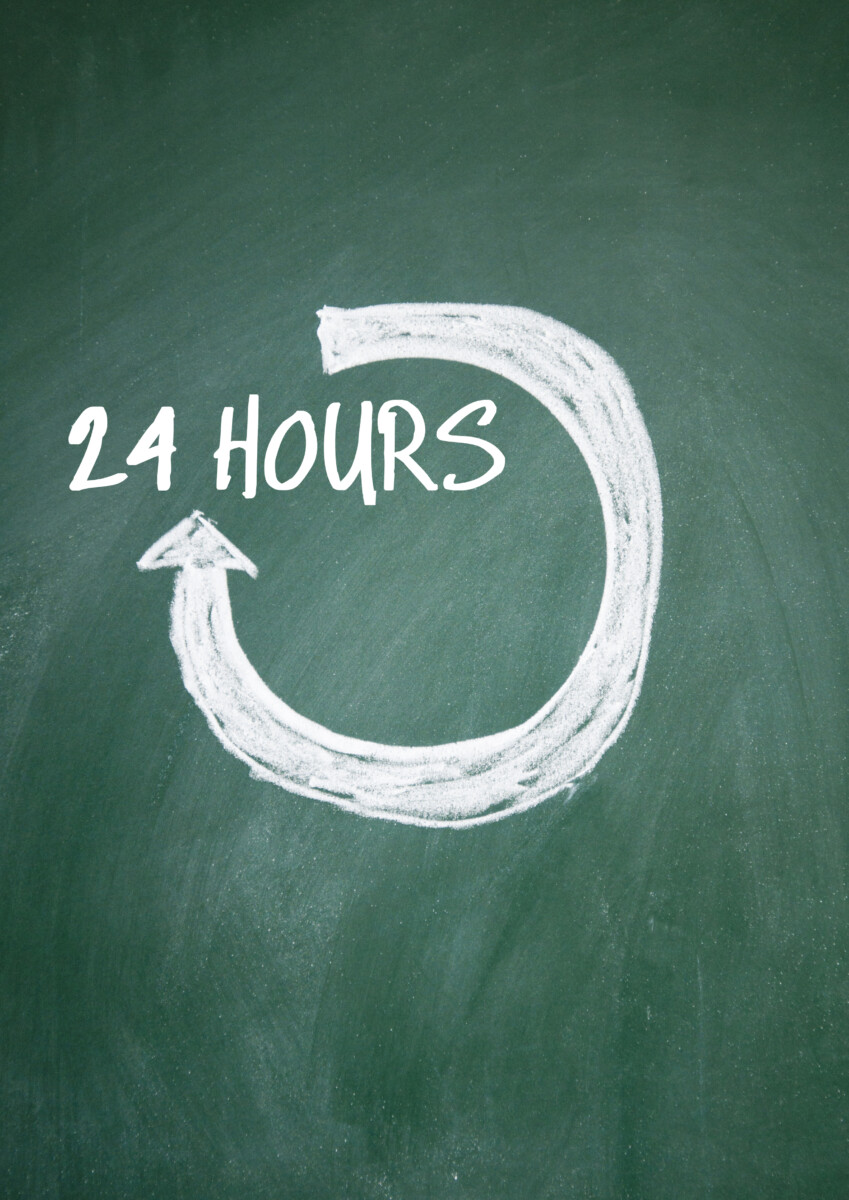
The Midnight Lament
This “sleep of unawareness” is a cyclical occurrence in our lives, as practically every day we fall into lethargy, whether in the midst of our prayers, our studies or even during our work. We have to always try to strengthen ourselves, no matter how weak we feel, to overcome our inertia and our lethargic stupor. This is the lesson of Chatzot.
This “sleep of unawareness” is a cyclical occurrence in our lives, as practically every day we fall into lethargy, whether in the midst of our prayers, our studies or even during our work. We have to always try to strengthen ourselves, no matter how weak we feel, to overcome our inertia and our lethargic stupor. This is the lesson of Chatzot.
Shacharit, The Morning Prayer. Reb Noson tells us that, conceptually, the Morning Prayer alludes to that part of our twenty-four-hour cycle which is associated with Light, with the new beginnings we make, and with the time when everything is going our way – Day (Likutey Halakhot, Minchah 5:5).Rebbe Nachman teaches: Night denotes uncertainty. Day, on the other hand, denotes clear counsel. Why does life work out when one has faith? Because when one has faith he can attain clear counsel, symbolic of the Day which follows the Night (Likutey Moharan II, 5:2).
Day and Light connote clarity – clear, precise thought. They are synonymous with clean thoughts, the ideal of Creation and the goal of man. The goal of Torah study, of prayer, of proper desires. This is why most devotions and commandments are performed in the daytime, during the Light of Day, for they correspond to the consciousness of man, not the subconsciousness. A person has to be awake. He has to be alive! He has to want to do. With daylight, with Light, with proper guidance, he can. We all seek guidance. We all seek proper Light to lead us on the right path. This is the significance of Day (cf. Likutey Moharan I, 1).
Reb Noson writes: An newborn infant has no knowledge whatsoever. But he learns little by little as he grows through life’s different stages. With each new area of development that he begins, it is as if he’s starting over again. And, every time he learns something new, he begins the cycle once more. This is Shacharit – the Morning Prayer. It starts new every day. It is also the longest of the daily prayers because it signifies the need for a person to strive for continual growth and enlightenment (Likutey Halakhot, Minchah 5:1).

Minchah, The Afternoon Prayer.
Minchah, The Afternoon Prayer. Reb Noson writes: Our Sages tell us that we have to very careful about the Afternoon Prayer (Berakhot 6b). This is because as the twenty-four-hour cycle progresses, Minchah corresponds to the time when the Light begins to wane. Day begins to ebb, and we tend to feel that we’ve squandered yet another golden opportunity to free ourselves from the chaos and confusion – the Darkness – that has remained with us from the previous Night. But the truth is that we must never, never, feel lost. Never despair! Never give up! Night falls, but it is the start of a new Day. A new point in Creation. A fresh start. We have to remember that life will always regenerate. Darkness is inevitable, but Light will always follow. One can find solace too in the fact that although Night is almost upon us, the Day will soon return (Likutey Halakhot, Minchah 4:1).
Reb Noson expresses another thought about the waning of Day. He relates the midday prayers to the mid-life crises that befall a person. Middle age is the time in a person’s life when he has passed the zenith of youth. He finds himself beset with family problems, marrying off his children, and so on. In looking back upon his accomplishments to date, upon what he’s done with his life, he also reflects upon his spiritual achievements. Many times, this leads to feelings that are so overwhelming, that a person may think that it’s too late for him to strengthen himself to repent and turn back to God. Never for a moment should he entertain such thoughts, God forbid. Rather, he should always strengthen himself to accomplish whatever he can. This is why the Sages warned us to be very careful about the Afternoon Prayers (Likutey Halakhot, Minchah 5:5).

